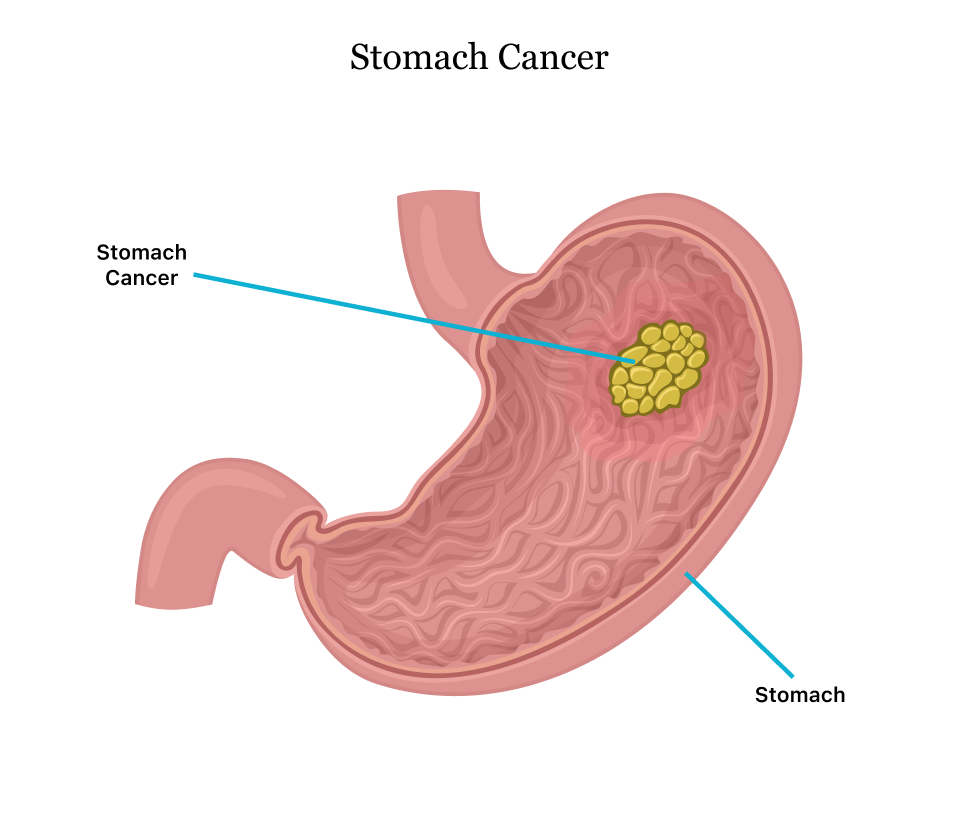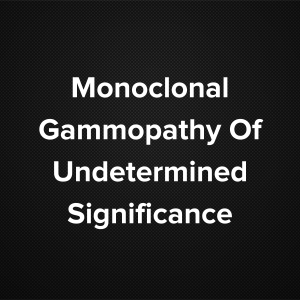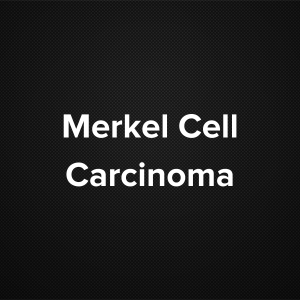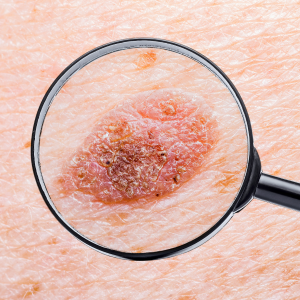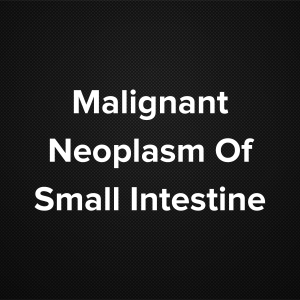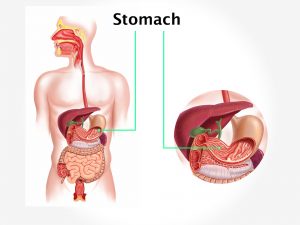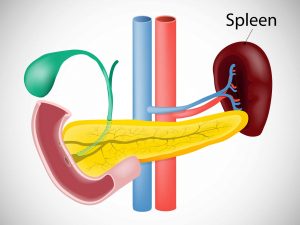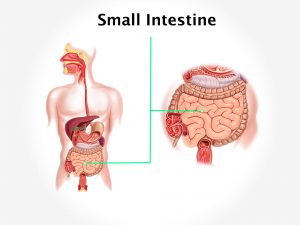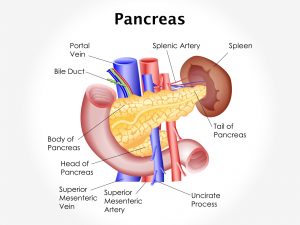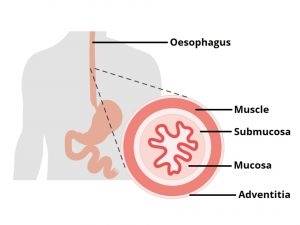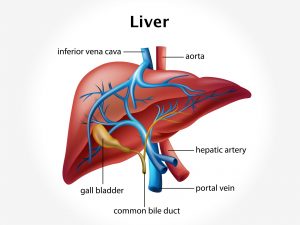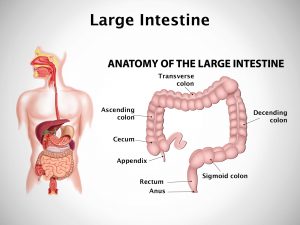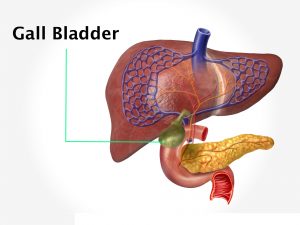Causative and risk factors
Even though the exact cause of stomach cancer is not known, certain factors have been identified that increase your risk of developing stomach cancer.
This condition is found to be more common in Asian and African-American origin. Males are twice more likely to develop stomach cancer. Stomach cancer is more common in people with genetic defects, those who have blood group A, those above age 70 years and those have a family history of this condition. Helicobacter pylori (H. pylori) infection or any pre-existing diseases of the stomach predisposes to stomach cancer.
An improper diet low in fruits and vegetables; high in salted, smoked, or preserved foods, smoking and drinking alcohol also add to the risk. Occupational exposure due to coal mining, nickel refining, and rubber and timber processing and asbestos exposure is associated with a higher risk of developing stomach cancer.
Clinical presentation
Symptoms while in early stage are discomfort and bloating in the stomach, indigestion, loss of appetite, nausea and heartburn.
The late symptoms of stomach cancer are presence of blood in vomiting and feeling of discomfort in the stomach after eating. The stool appears blackish due to presence of blood. The patient appears weak and starts losing weight.
Diagnosis & Investigations
Stomach cancer must be differentiated from gastritis, gastroenteritis, esophagitis or esophageal stricture and malignancy of the small intestine.
Esophagogastroduodenoscopy: an endoscopic procedure to view the stomach and associated structures is performed. Biopsy of the gastric tissue may be done. Other investigations include a complete blood count and stool examination. A barium meal study may be suggested.
Treatment
The earlier it is detected better is the scope for a cure. In advanced cases, treatment is aimed at improving the symptoms.
Treatment for stomach cancer can consist of a combination of radiation therapy, chemotherapy and surgery.
Gastrectomy is a surgical procedure to remove all or part of the stomach.
One can take the following measures to prevent stomach cancer:
- Healthy and balanced diet habit
- Avoidance of alcohol and smoking
- Prompt treatment of H. pylori infection
